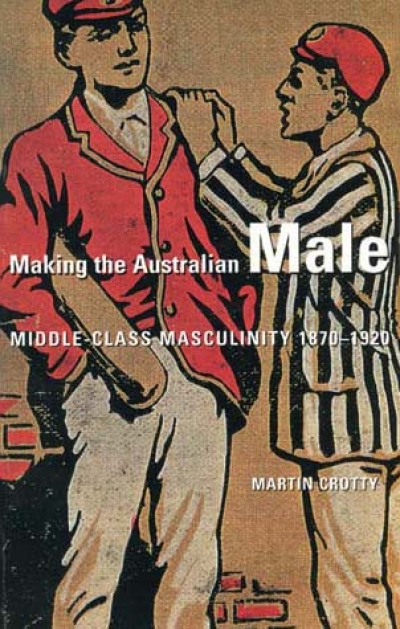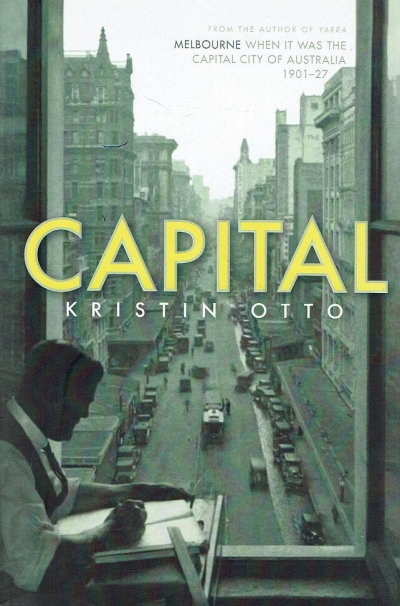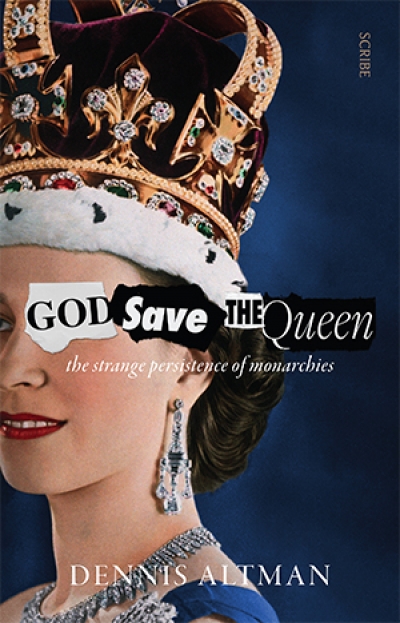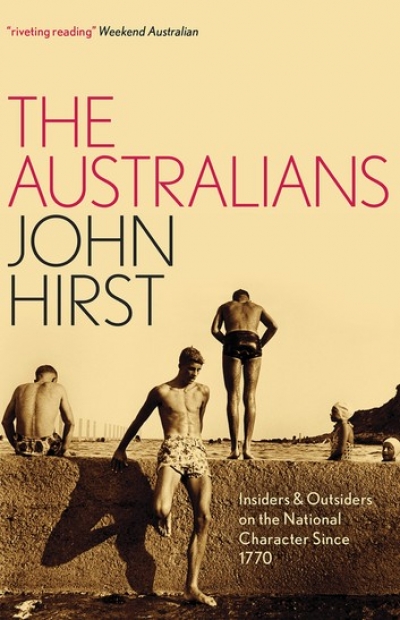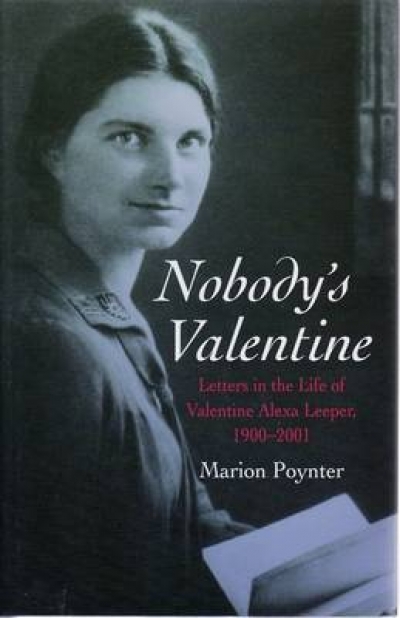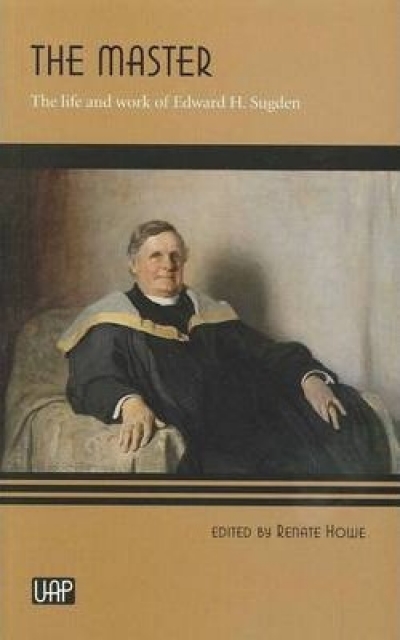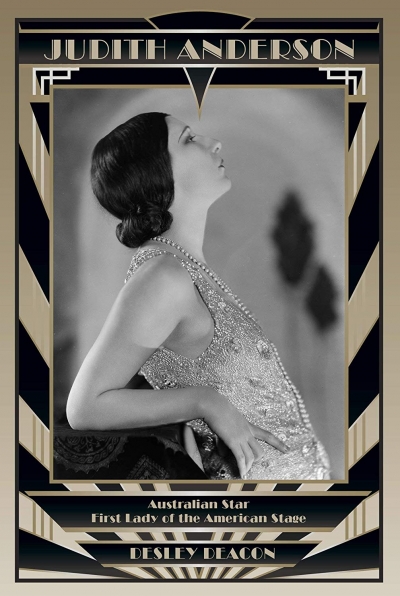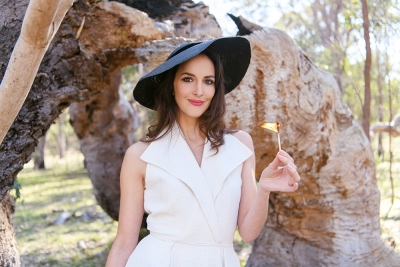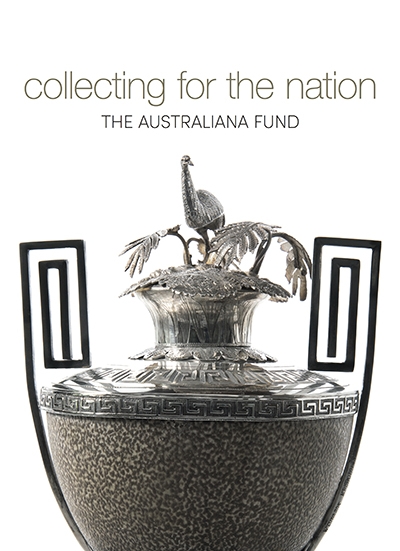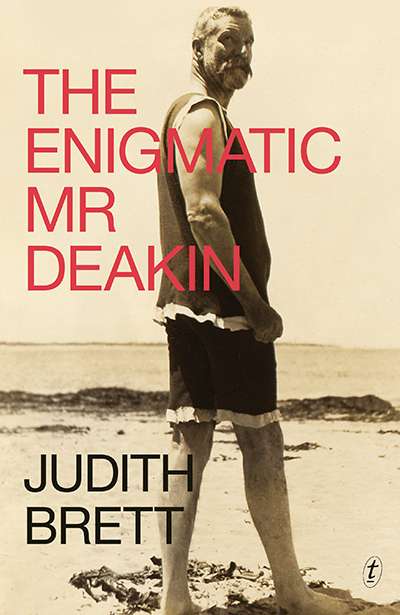John Rickard

John Rickard is the author of Australia: A Cultural History (2017). In his youth he worked as an actor and singer.
Academic historians only took to urban history in any systematic way during the 1970s, but Melbourne, regardless of what historians might have had to say about it, has always had a strong sense of its own identity and culture. In the heyday of 1880s ‘Marvellous Melbourne’, journalist Richard Twopeny saw the city as representing ‘the fullest development of Australian civilisation, whether in ... (read more)
Dennis Altman recently published a slice of autobiography, Unrequited Love: Diary of an accidental activist, addressing ‘his long obsession with the United States’. Now, as if to remind us that his training has been in political science, Altman presents us with this lively survey of monarchies old and new, constitutional and absolute, European and Asian. It has its origins in the Economist dem ... (read more)
Back in 1981, Richard White, in his seminal study Inventing Australia, dubbed the Australian concern with defining national identity ‘a national obsession’. It was a time when ‘the new nationalism’ associated with John Gorton and Gough Whitlam had reignited debate about anthems, flags and the paraphernalia of nationhood. The converse of this fixation has been the recurrent fear that the ... (read more)
Valentine Alexa Leeper: it’s a name to conjure with. The daughter of the first warden of the University of Melbourne’s Trinity College, Alexander Leeper, she was christened ‘Valentine’ because she was born on 14 February. No name could have been less appropriate: she was to prove a committed spinster. She was remarkable for a number of reasons, not least of which was that her life spanned ... (read more)
Edward Sugden was the first master of Melbourne University’s Queen’s College, a position he held for forty years. One needs to provide this identification, because although in his day Sugden was regarded as one of Melbourne’s best-known citizens, his is one of those names that has dropped from view. Along with his contemporaries Alexander Leeper of Trinity College and John MacFarland of Ormo ... (read more)
In the past we have tended either to ignore or to marginalise cultural ‘expatriates’. In today’s cosmopolitan culture, we are more used to varied career paths, but it is still possible for someone who has made most of their career abroad to be overlooked. Judith Anderson is a case in point. Born in Adelaide in 1897, Francee Anderson (her first stage name) made her professional stage début i ... (read more)
Australian musical theatre has had a long if chequered history going back to the popular, localised melodramas and pantomimes of the nineteenth century. In the more recent past, we think of successes such as Priscilla Queen of the Desert (1994) and The Boy from Oz (2003). We tend to overlook more intimate exercises in musical theatre, such as the innovative Sydney Phillip Street revues of the 1950 ... (read more)
In 1976, when Prime Minister Malcolm Fraser and his wife, Tamie, were on an official visit to the White House in Washington, she was shown the collection of Americana acquired through the White House Historical Association, an idea of Jacqueline Kennedy’s as First Lady. Her enthusiasm for a similar Australian fund coincided with government concern about the care and condition of not just one but ... (read more)
There has been an argument going on in the Liberal Party about the nature of the Menzies heritage – was Robert Menzies, the founder of the modern party, a liberal or a conservative? Notably absent from this discussion has been the national figure who was the first leader of a united anti-Labor party and who also happens to have been a father of Federation, Alfred Deakin. If our politicians still ... (read more)

